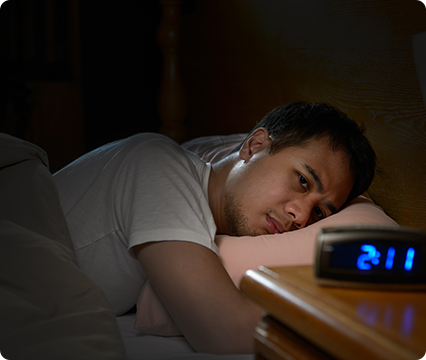Fruit and vegetable consumption and their polyphenol content are inversely associated with sleep duration: Prospective associations from the UK women’s cohort study
The primary aim of this 2018 study was to determine the interactions between fruit and vegetables consumption and its polyphenol content, with sleep duration in women in the U.K. Noorwali et al. utilized the data of 13,958 women who participated in the UK Women’s Cohort Study, including information on dietary intakes assessed at baseline with the food frequency questionnaire, and the average number of sleeping hours per day reported at the 4-year follow-up. The consumption of one additional fruit portion (of apples, kiwi, oranges, pineapples, or 100% fruit juice) was linked with getting fewer hours of sleep. In fact, eating another portion of cabbage, celery, aubergine, olives, and peppers also correlated with less sleep. The intake of one additional gram of total polyphenols was related to 18 minutes less sleep. The conclusion was that fruit and vegetable consumption, and total polyphenol content were negatively associated with sleep duration. But in defense, the effect sizes observed were small, and the polyphenol classes specifically obtained from eating fruits and vegetables were not connected with sleep. Future research should inspect the timing of the fruit and vegetable eating event in relation to sleep. [NPIDs: insomnia, sleep, sleep quality, sleep duration, fruit, vegetables, polyphenols, U.K., United Kingdom, women, FV intake]
Year: 2018
 Navigation
Navigation






